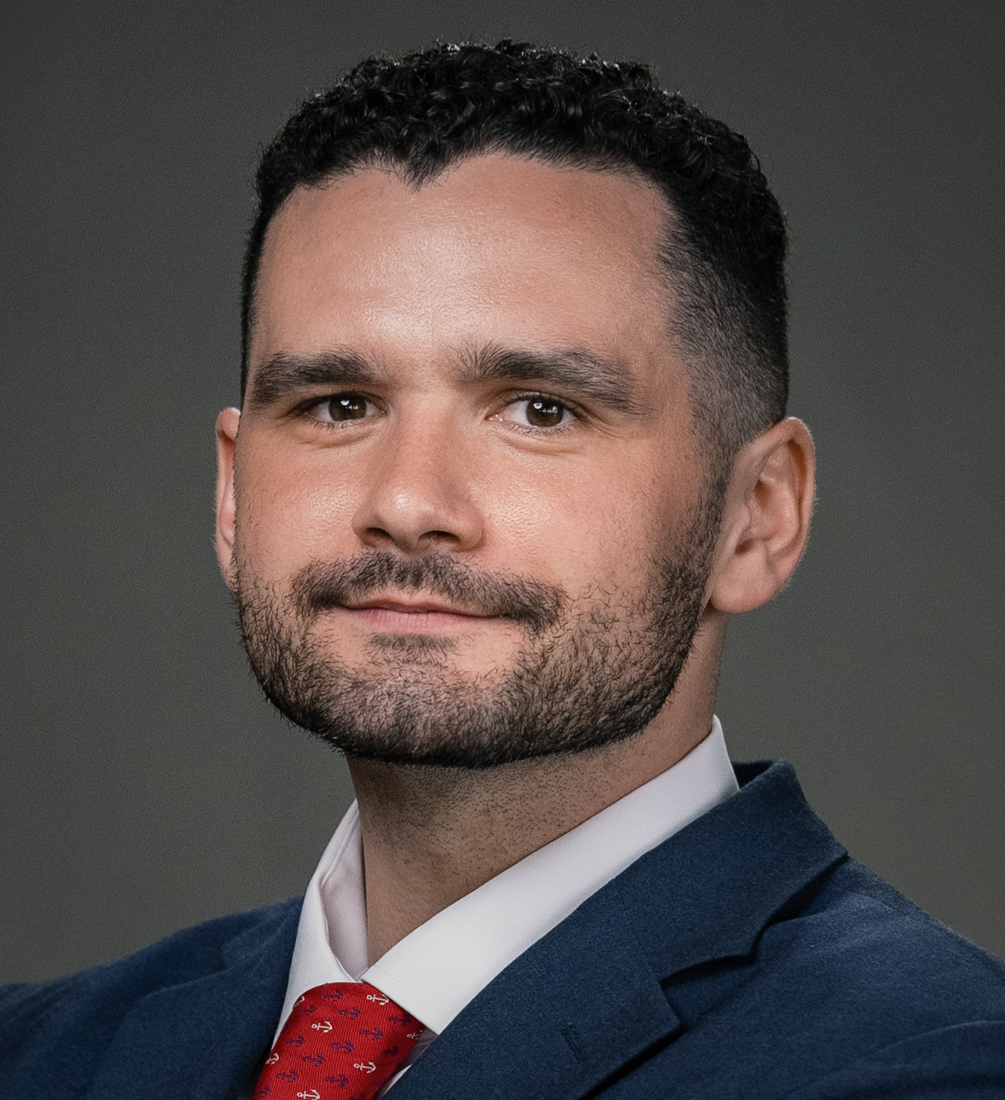In the fast-paced world of investment management, staying ahead of industry trends and forging meaningful connections are crucial to success. This is where conferences come into play, particularly those focused on investment management. These events provide unparalleled opportunities to connect with industry peers, gain insights from leading experts, and stay updated on the latest market developments. Attending industry conferences like IPEM allows professionals to stay informed about emerging opportunities, sharpen their strategies, and maintain a competitive edge in an ever-evolving landscape.
The IPEM (International Private Equity Market) Conference is one of the leading events for private equity professionals and investors worldwide, designed to foster collaboration, share insights, and explore the latest trends in the global investment landscape. Each year, the event brings together industry leaders, institutional investors, and innovators to discuss the opportunities and challenges facing the private markets.
This year, Dakota attended the IPEM Conference, where insightful panels and discussions covered a wide array of topics. From private equity and credit markets to infrastructure and sports investing, the event provided a comprehensive look into how the investment market is evolving. The conference was a valuable opportunity to learn from industry experts and gain perspective on the shifting dynamics that are shaping the future of private capital.
In this article, we are discussing our key takeaways we brought back from this year's IPEM conference. By the end of this, you’ll have a better understanding of these key insights.
Key takeaways
The IPEM conference 2024 showcased the resilience and ongoing growth opportunities in private markets despite some challenges. Across various panels, speakers highlighted how private equity continues to perform strongly, even as distribution issues and over-allocation have slowed deal-making. Investors are increasingly looking to non-sponsored lending, capital solutions, and asset-backed securities as banks pull back due to tighter regulations. This shift reflects the evolving landscape in private markets, where flexibility and innovative financing solutions are driving growth.

A notable theme throughout the conference was the positive shift in investor sentiment, particularly in the context of fundraising. While 2019 to 2021 saw investors driven by FOMO (Fear of Missing Out), today's environment is marked by renewed excitement and optimism about fundraising opportunities. This is especially evident in the mega deal space, which is regaining momentum. Large deals are making a comeback, but with a greater focus on exit options and strategic confidence. While investors are hesitant to lead the charge, the opportunities for well-positioned deals remain significant.
Private credit themes
Private credit is becoming increasingly democratized, presenting both opportunities and risks. Expanding access to private credit for a broader range of investors is generally viewed as positive, and we’re now seeing the influence of this through the growing interest in private credit ETFs. As highlighted in a recent fundraising news article from Dakota, State Street Global Advisors (SSGA) and Apollo Global Management announced their plan to collaborate on a private credit ETF, and shortly after, BondBloxx filed its own application for such a fund on September 13. This move could potentially spark a private credit ETF race among major Wall Street firms, aiming to tap into strong retail demand as institutional interest cools.
However, there are concerns that less experienced investors may not fully grasp the illiquidity and long-term nature of private credit investments, which could prompt increased regulatory scrutiny. Such oversight might inadvertently impact seasoned investors who have long navigated this space. Additionally, the rise of continuation vehicles and secondaries has transformed the market, where both niche and large GPs are well-positioned to thrive. In contrast, mid-sized firms lacking scale or specialization may face a more challenging future in this evolving landscape.
Private market themes
Private wealth investors, particularly high-net-worth (HNW) individuals, continue to drive growth in fundraising. Ardian had mentioned that last year was their second largest fundraising year ever, with a quarter of the funds raised from private wealth channels. As the appetite for alternative investments grows, there is a pressing question of how to better serve the mass affluent, who often lack adequate access to private markets. Tapping into this demographic could provide a major boost to the private equity landscape, especially as institutional investors maintain their strong presence in the market.

Infrastructure themes
In Europe, long-term partnerships between private investors and governments are becoming increasingly crucial. Infrastructure investing remains politically neutral and continues to offer substantial benefits, particularly in terms of job creation and GDP growth. Mega deals, such as KKR’s acquisition of Telecom Italia, underscore the vast opportunities available in the infrastructure space. As private capital takes on a larger role in supporting essential services and national assets, we can expect to see more of these large-scale deals emerge. It will be interesting to watch how this trend evolves and whether it expands beyond Europe to other regions.
Sports investing themes
Lastly, the world of sports investing is undergoing a seismic shift as it becomes an accessible asset class for institutional capital for the first time. Both MLB and the NFL have recently allowed institutional investors to enter the market, creating new opportunities for growth in this once-exclusive space. Sports franchises are seen as strong, long-term investments, but liquidity remains a key concern. As with other emerging markets, selling large assets in sports is challenging due to limited approved buyers and the nascent state of secondary markets.
Start embracing opportunity
In conclusion, the IPEM conference made it clear that while private markets are facing new challenges, they remain an attractive and evolving space. From sports franchises to infrastructure and private wealth channels, the future of private markets is marked by innovation, long-term thinking, and a cautious yet optimistic approach to growth. Investors are shifting strategies, focusing on flexible solutions, and tapping into new opportunities to ensure they remain ahead in this dynamic landscape.
To learn more on upcoming conferences, book a demo of Dakota Marketplace!




